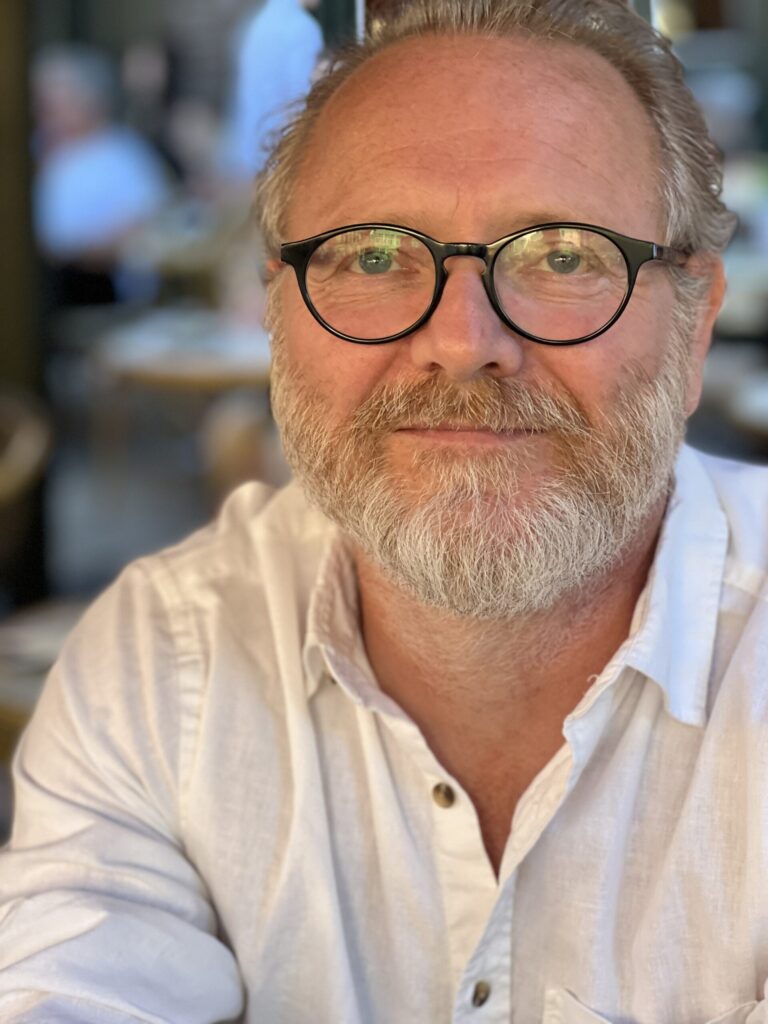About

In the last ten years, decades of democratic advances have been reversed.
5.7 billion people now live under autocratic rule.
The Authoritarian Politics Lab was established to generate cutting-edge, collaborative research on contemporary authoritarianism.
With democratic freedoms declining globally, more people are living with limits on their fundamental freedoms, and increasingly exposed to violence, human rights violations, and the inequalities that accompany them. The active promotion of authoritarian strategies and rising incidence of democratic backsliding make now a critical moment for research on authoritarian rule.
Yet unlike the dictatorships of the past, contemporary autocracies are less likely to rely on overt repression to suppress dissent and more likely to use strategies that generate support or apathy for the regime.
Understanding autocracy is an essential first step to strengthening democracy worldwide and building a shared future that is freer, safer, and more equitable for everyone.
We address these dynamics through four avenues:
- Critical research insights shared in peer-reviewed articles and timely analysis of policy and current events. Read more about research.
- Cutting-edge methodology such as computational methods and NLP to transform the possibilities for research on politically sensitive topics.
- Active collaboration between senior and junior faculty, post-doctoral researchers from around the world, and graduate students at the AP Lab Workshop.
- Outreach and education via undergraduate programming and partnerships with UNC’s Russian Flagship Program and Russian NGO OVD-Info.
Our Director
Professor Graeme Robertson founded the AP Lab in 2019, envisioning it as a center for collaborative research on the growing challenge of authoritarianism.
Graeme Robertson is Professor of Political Science and Director of the Center for Slavic, Eurasian and East European Studies at the University of North Carolina at Chapel Hill. He is the co-author (with Samuel A. Greene) of Putin v. The People and author of The Politics of Protest in Hybrid Regimes: Managing Dissent in Post-Communist Russia. He has published more than 20 peer-reviewed articles in leading academic journals including the Proceedings of the National Academy of Science, American Political Science Review, and American Journal of Political Science, and is a frequent contributor to the Washington Post, The New Statesman and other media outlets.
His research concerns how authoritarians manage and seek to influence regime supporters and the opposition, with a regional focus in Russia and the former Soviet Union. His recent projects concern the psychological micro-foundations of support for autocracy, the influence of newer social media platforms TikTok and Telegram on attitudes about Russia’s war in Ukraine

Our Funding
The AP Lab has been generously supported by the UNC College of Arts and Sciences Townsend Family Strategic Initiatives Fund and the Smith Richardson Foundation.